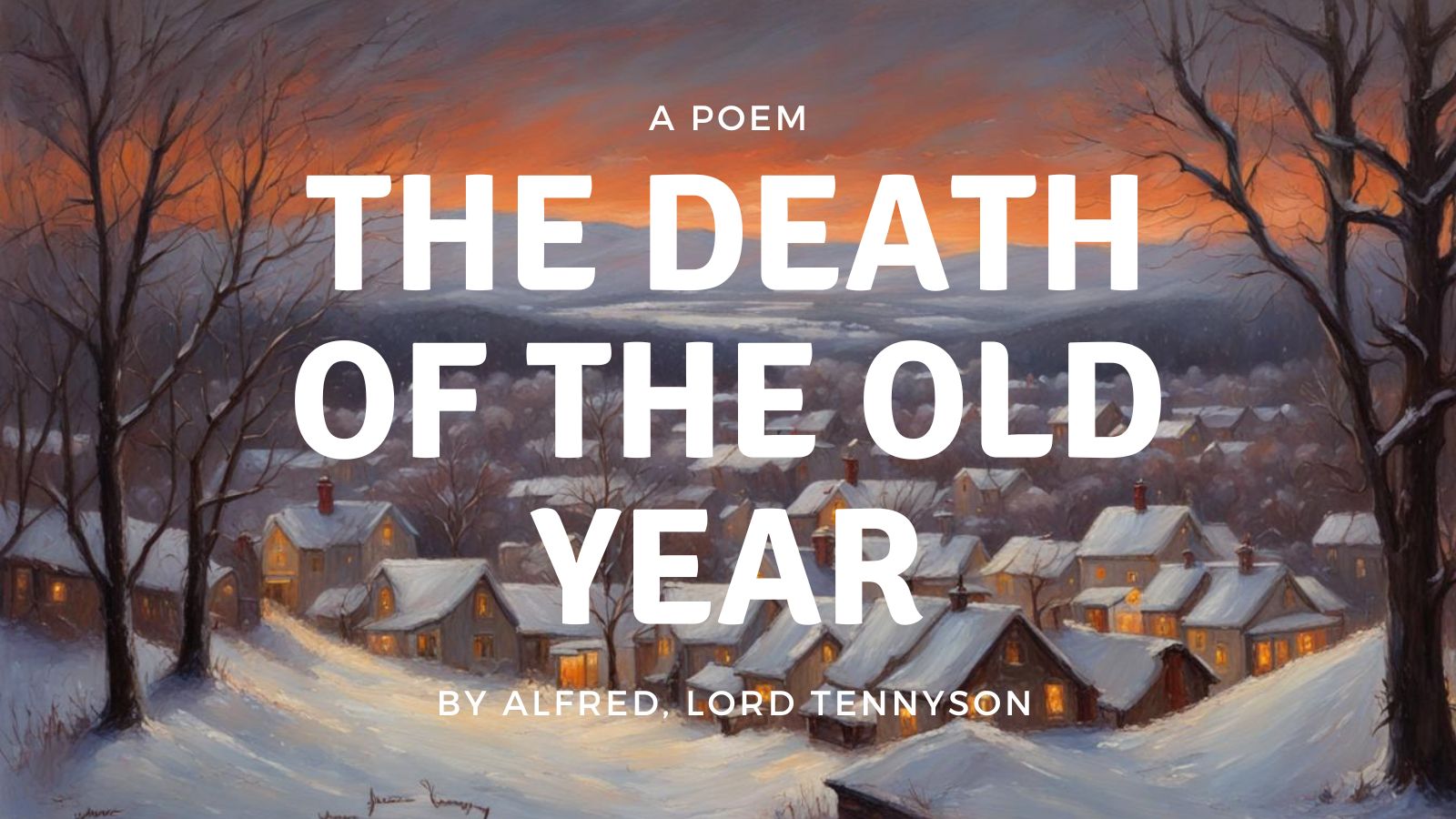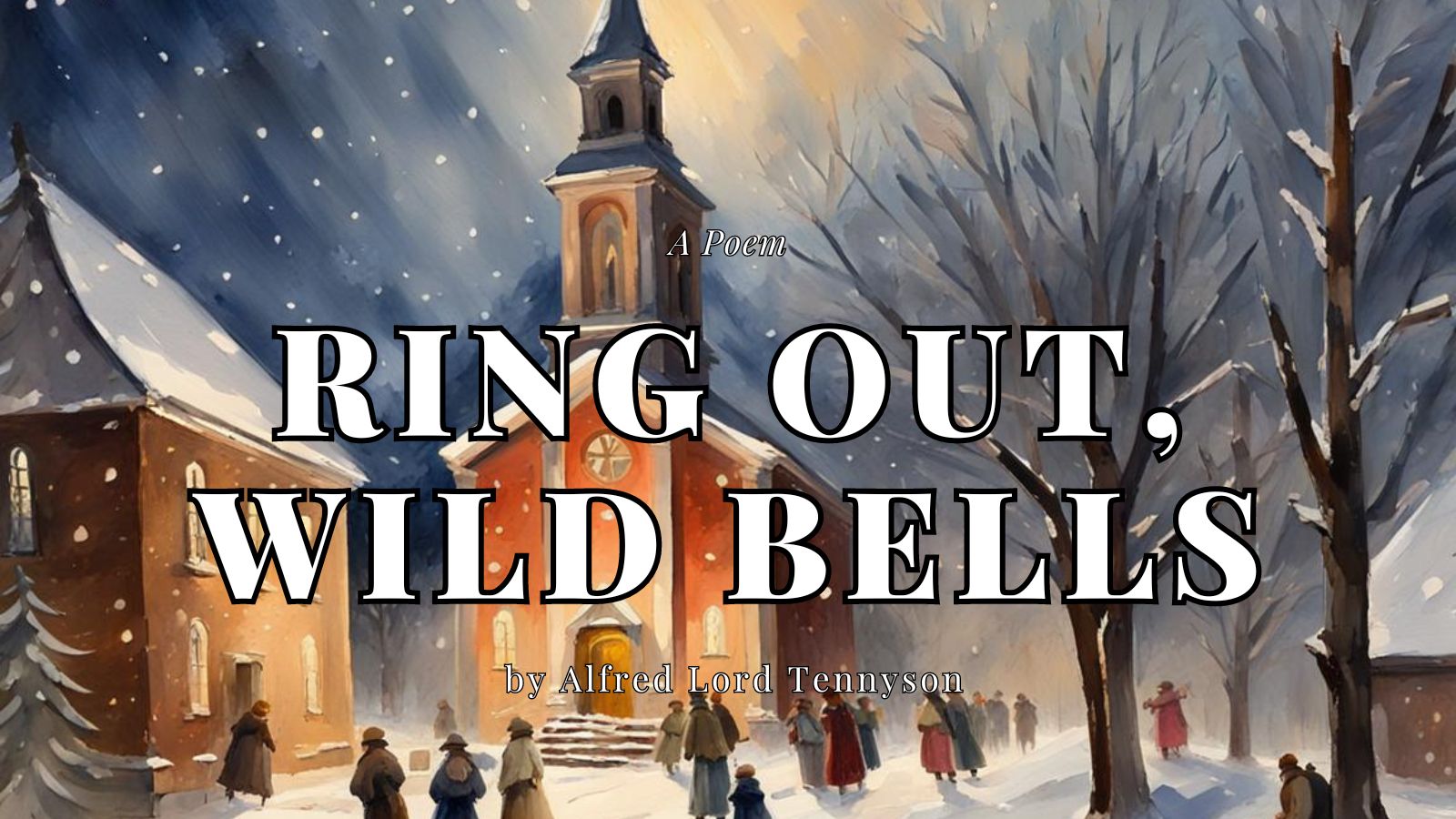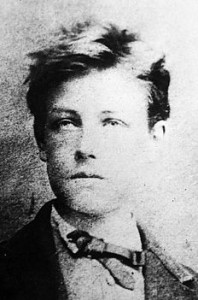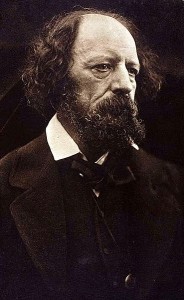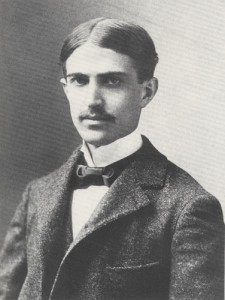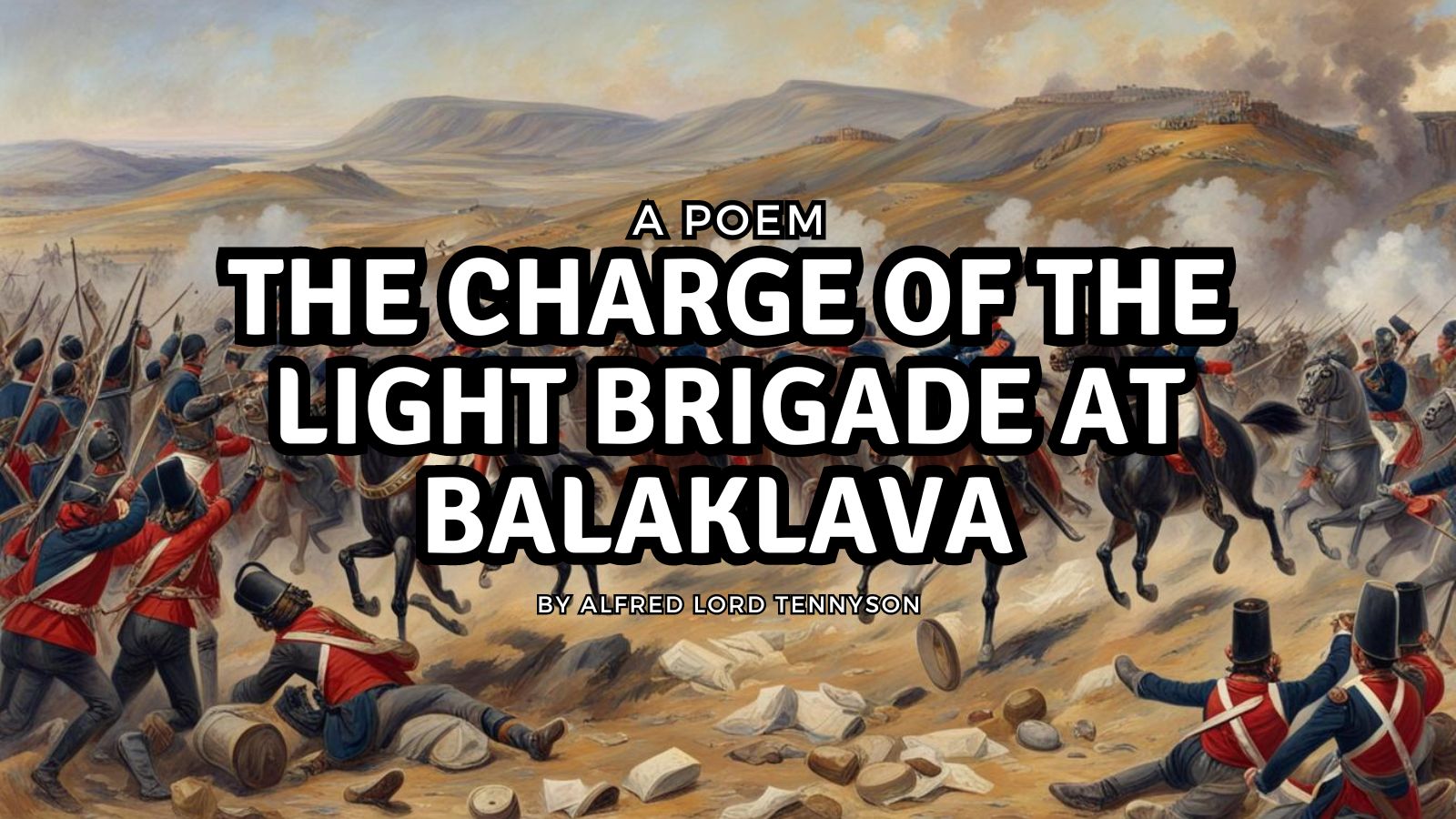
The Charge of the Light Brigade at Balaklava
by Alfred Lord Tennyson
Half a league, half a league,
Half a league onward,
All in the valley of Death
Rode the six hundred.
“Forward, the Light Brigade!
Charge for the guns!” he said:
Into the valley of Death
Rode the six hundred.
“Forward, the Light Brigade!”
Was there a man dismay’d?
Not tho’ the soldier knew
Some one had blunder’d:
Theirs not to make reply,
Theirs not to reason why,
Theirs but to do and die:
Into the valley of Death
Rode the six hundred.
Cannon to right of them,
Cannon to left of them,
Cannon in front of them
Volley’d and thunder’d;
Storm’d at with shot and shell,
Boldly they rode and well,
Into the jaws of Death,
Into the mouth of Hell
Rode the six hundred.
Flash’d all their sabres bare,
Flash’d as they turn’d in air
Sabring the gunners there,
Charging an army, while
All the world wonder’d;
Plunged in the battery-smoke
Right thro’ the line they broke;
Cossack and Russian
Reel’d from the sabre-stroke
Shatter’d and sunder’d.
Then they rode back, but not,
Not the six hundred.
Cannon to right of them,
Cannon to left of them,
Cannon behind them
Volley’d and thunder’d;
Stormed at with shot and shell,
While horse and hero fell,
They that had fought so well
Came through the jaws of Death
Back from the mouth of Hell,
All that was left of them,
Left of six hundred.
When can their glory fade!
Oh the wild charge they made!
All the world wondered.
Honor the charge they made!
Honor the Light Brigade,
Noble six hundred!
###
Alfred Lord Tennyson is considered one of the greatest English poets of the Victorian era. He was born in 1809 in England. His early poems were largely influenced by the times—his famous poem “The Lady of Shalott” is set in King Arthur’s Camelot, showing his early interest in medieval themes. Tennyson continued writing and expanding his catalog of poems. In 1850, he was appointed the Poet Laureate of Great Britain and Ireland. Two years later, upon the death of William Wordsworth, Tennyson officially assumed the role of Poet Laureate. Some of his most famous poems are ‘In Memoriam’, ‘Idylls of the King’, and ‘Tithonus’. While Tennyson garnered fame and accolades in his home country, his reputation eventually spread across the globe. Much of his poetry focused on grief, loss, doubt, and faith. Despite periods of deep sadness, Tennyson maintained an unwavering faith throughout his life. His poems explore complex themes in mystical ways, allowing readers to uncover new interpretations with each reading. Though he passed in 1892, Tennyson’s works continue to inspire and connect deeply with readers over 150 years later.

